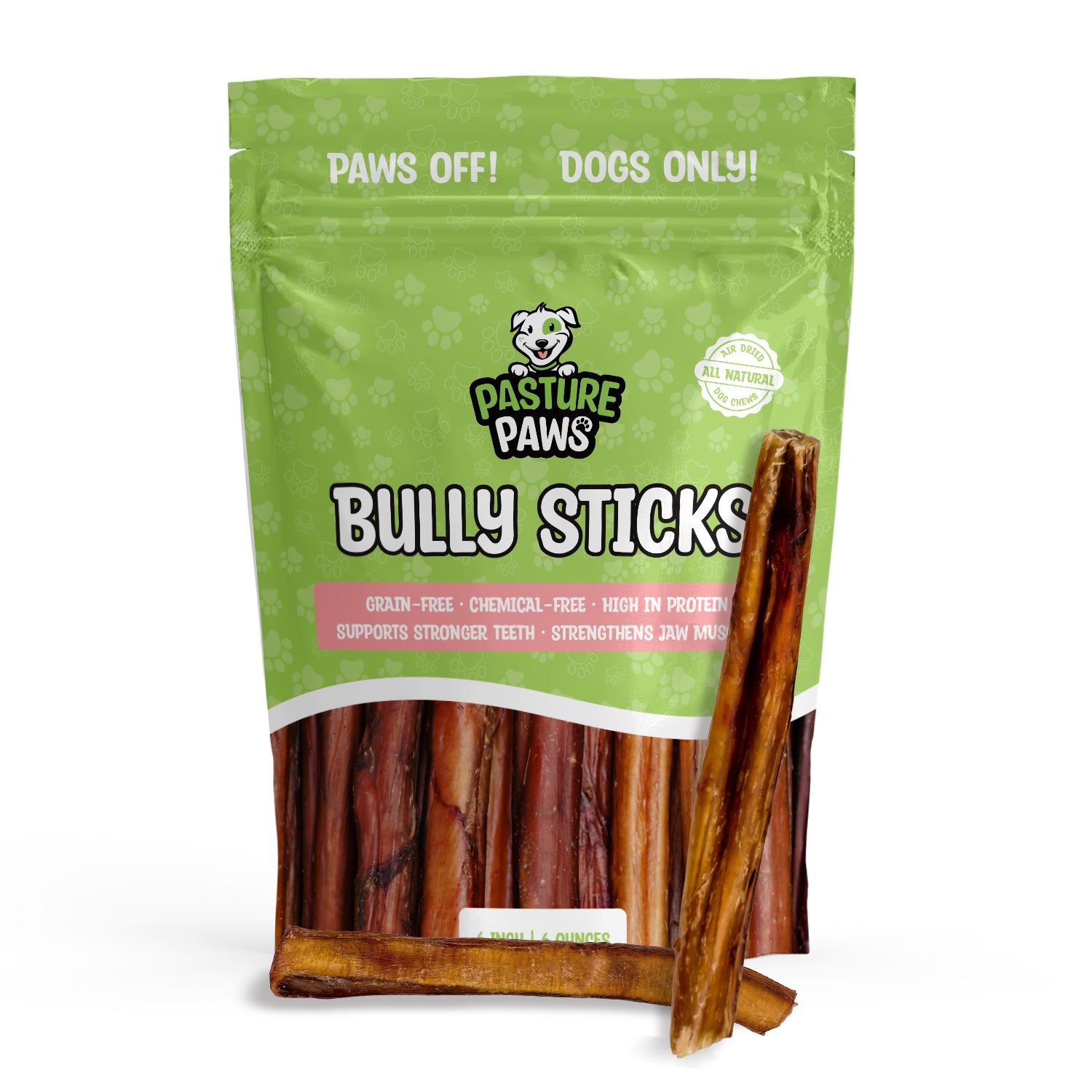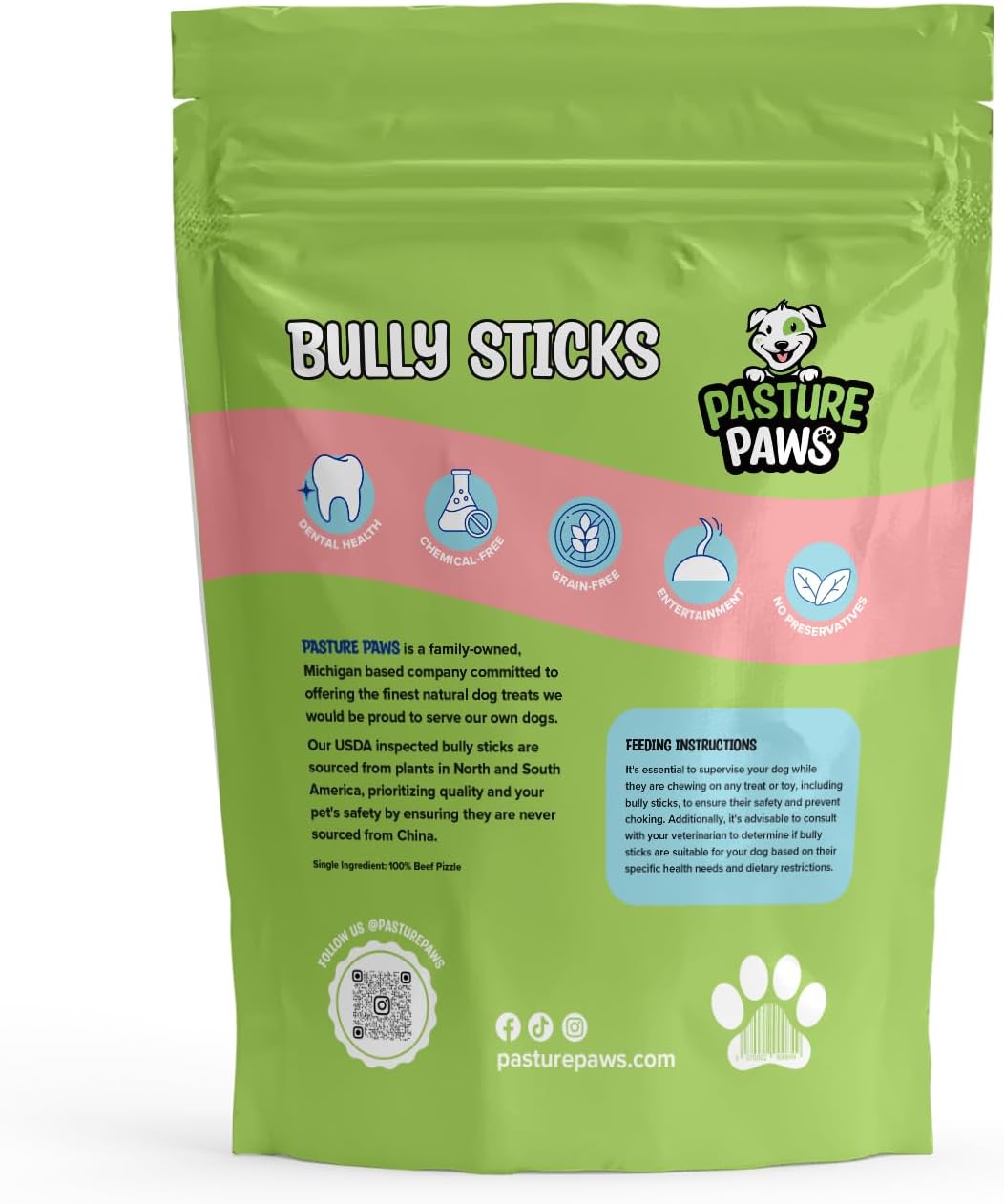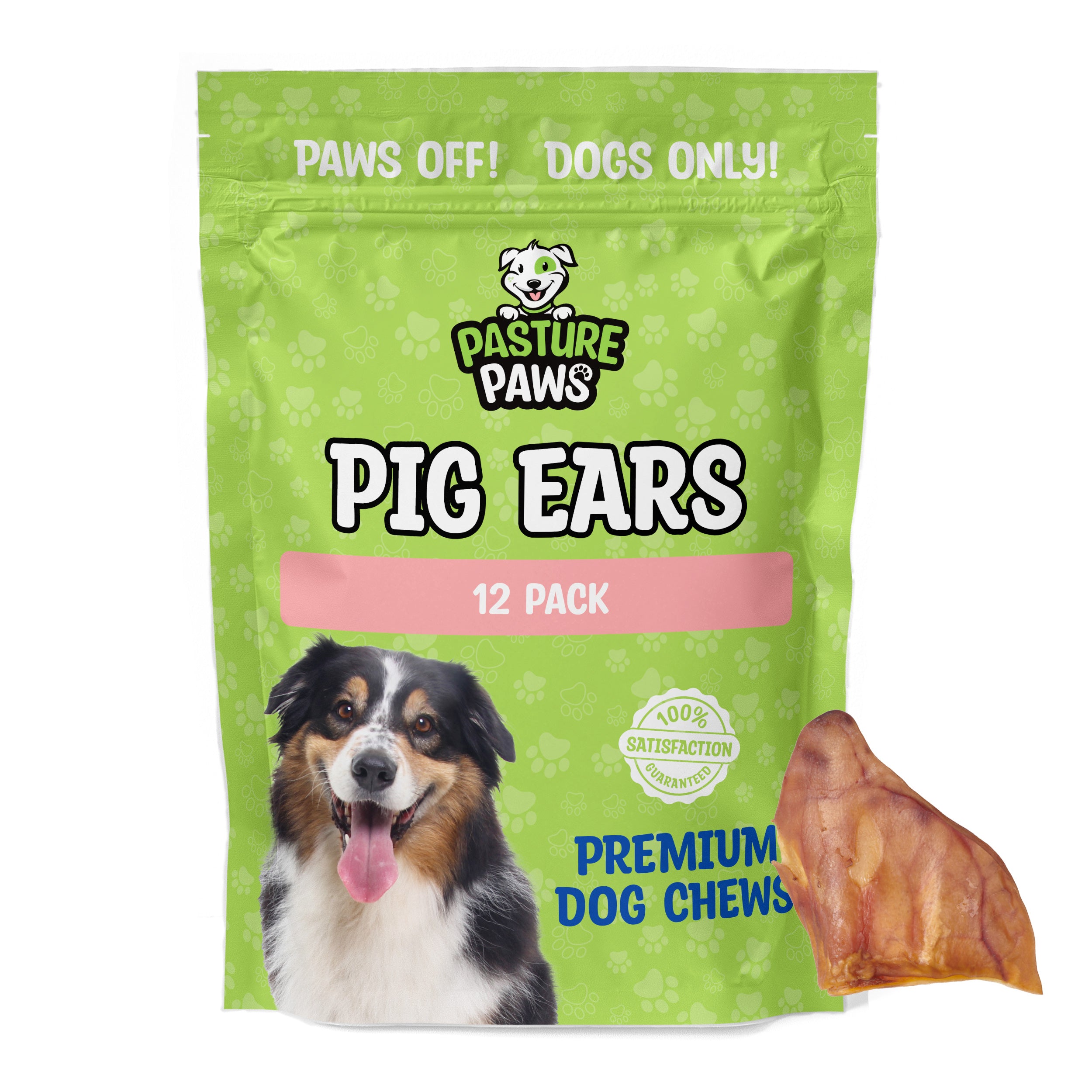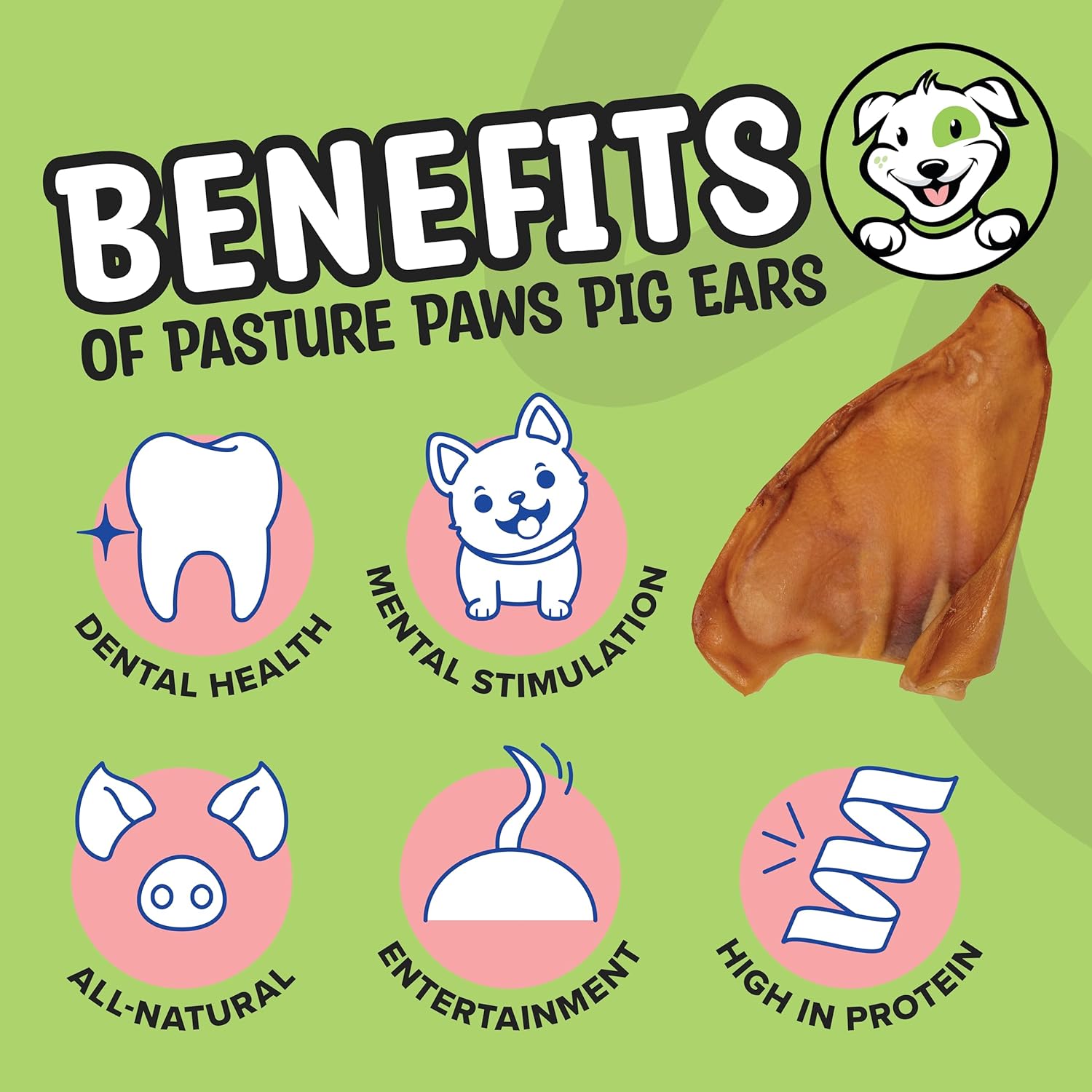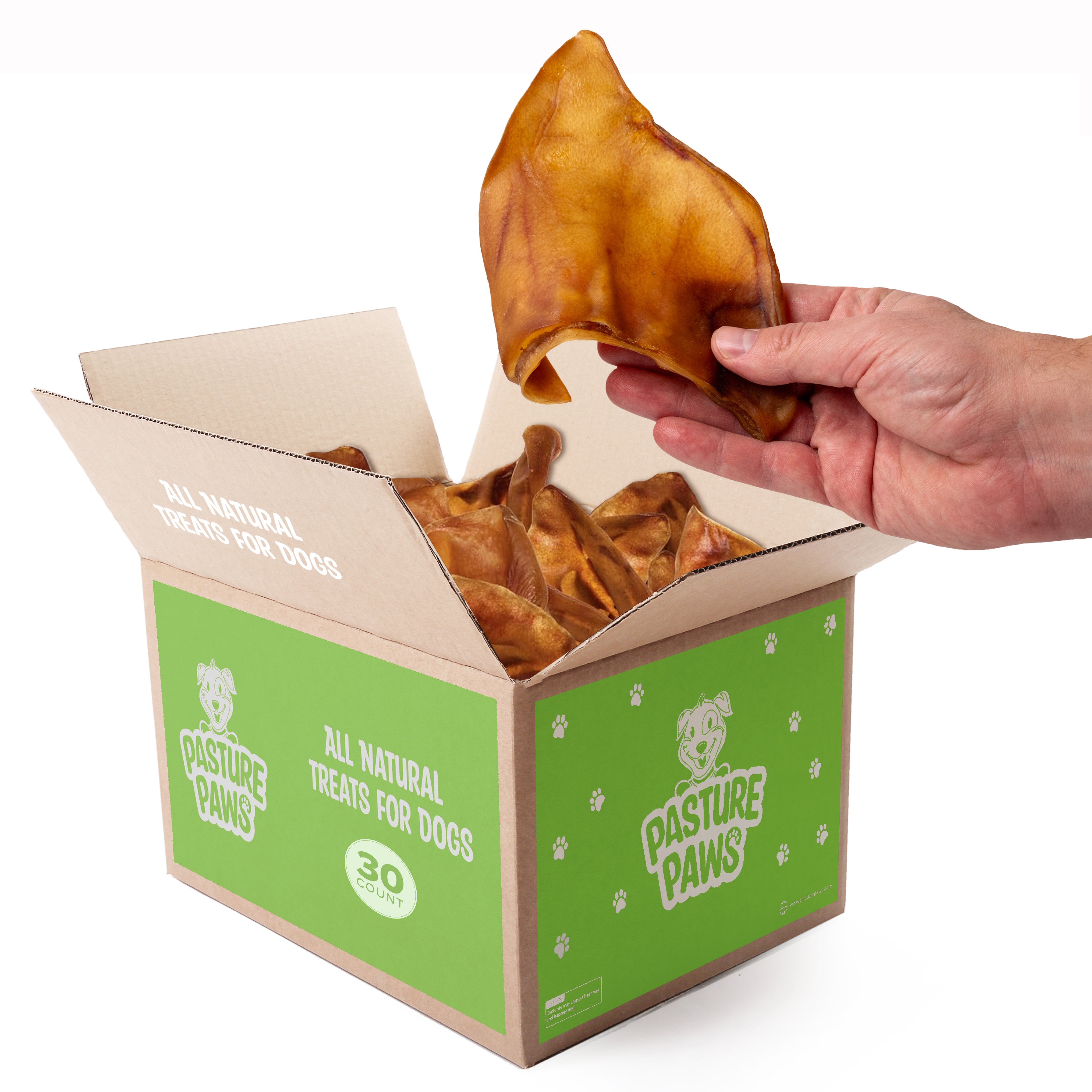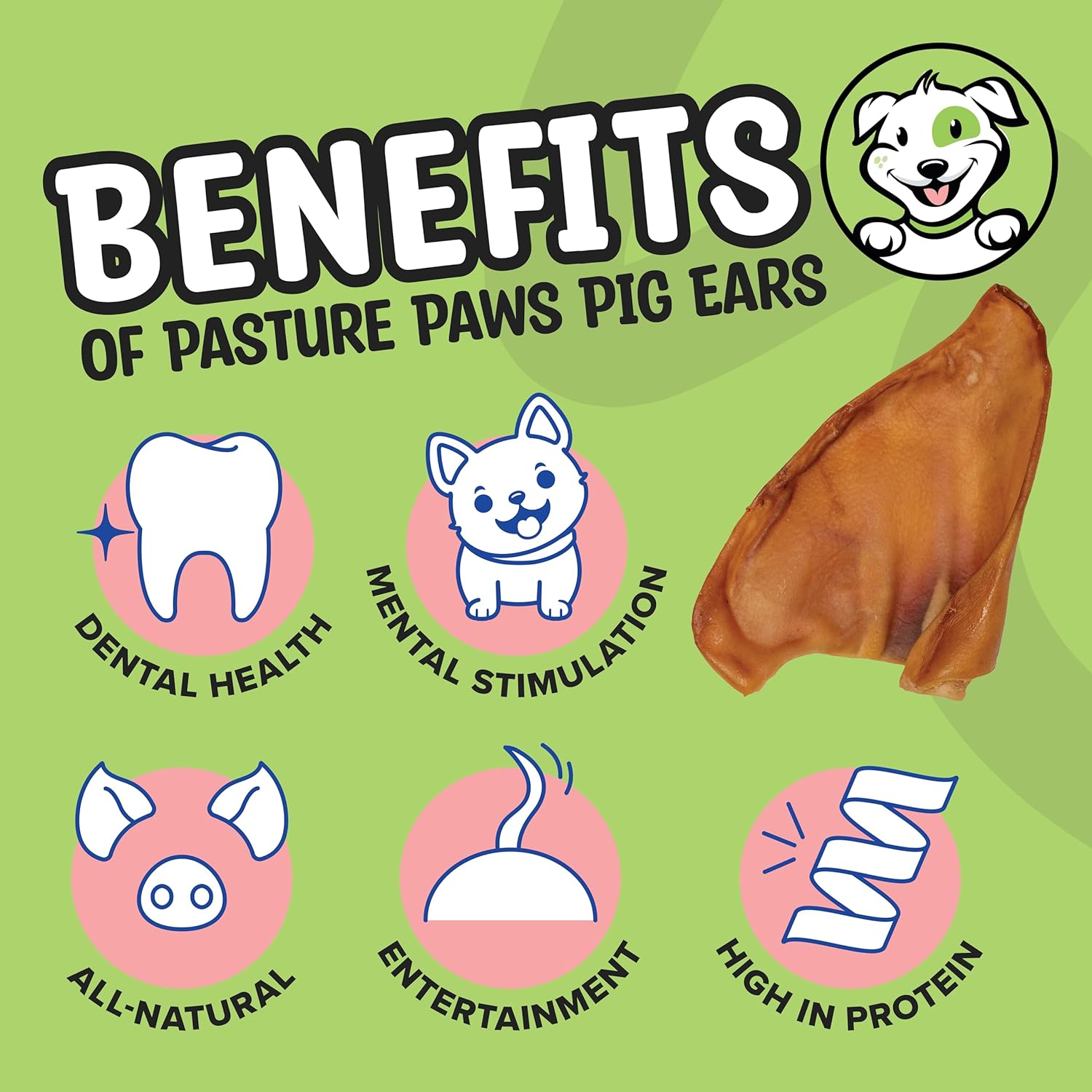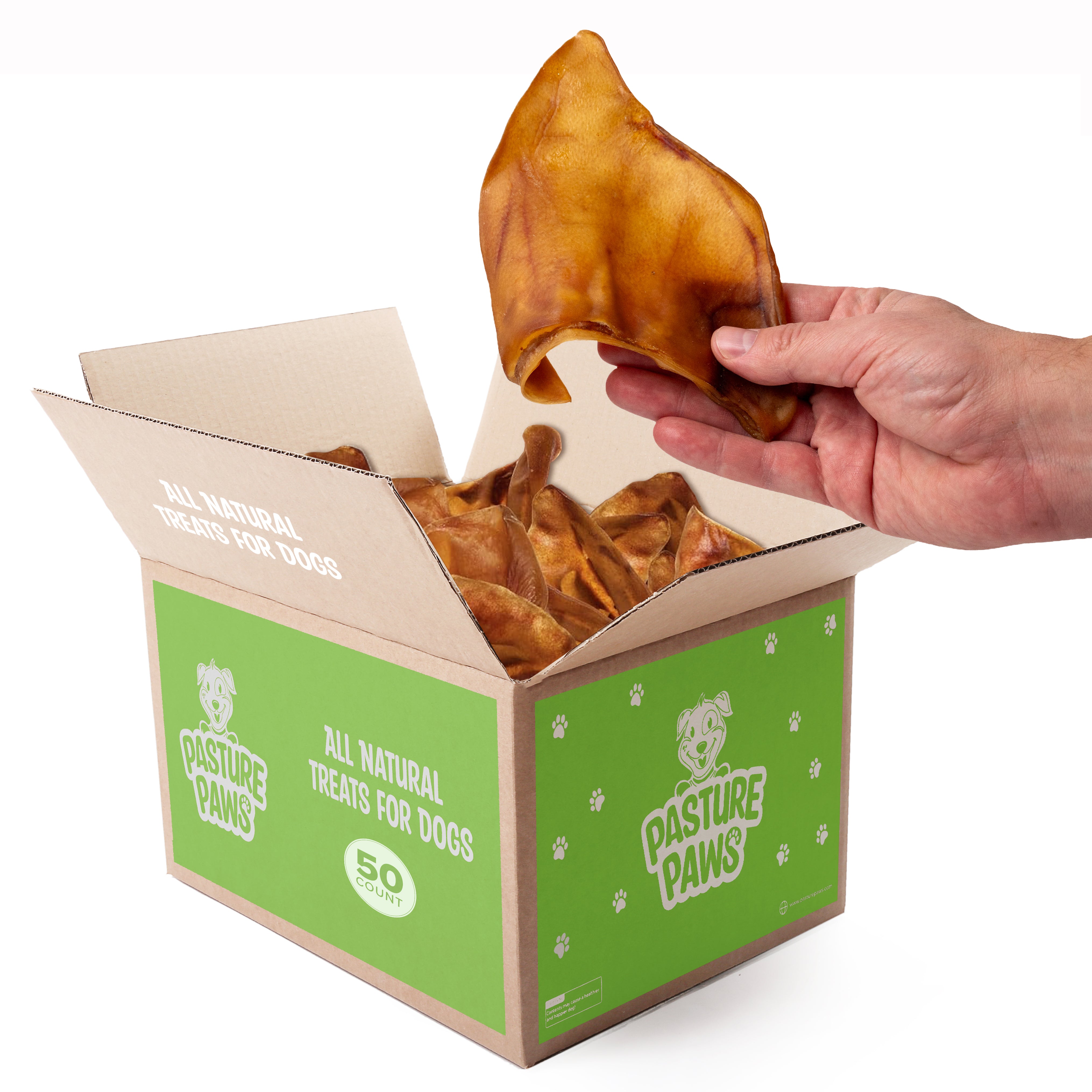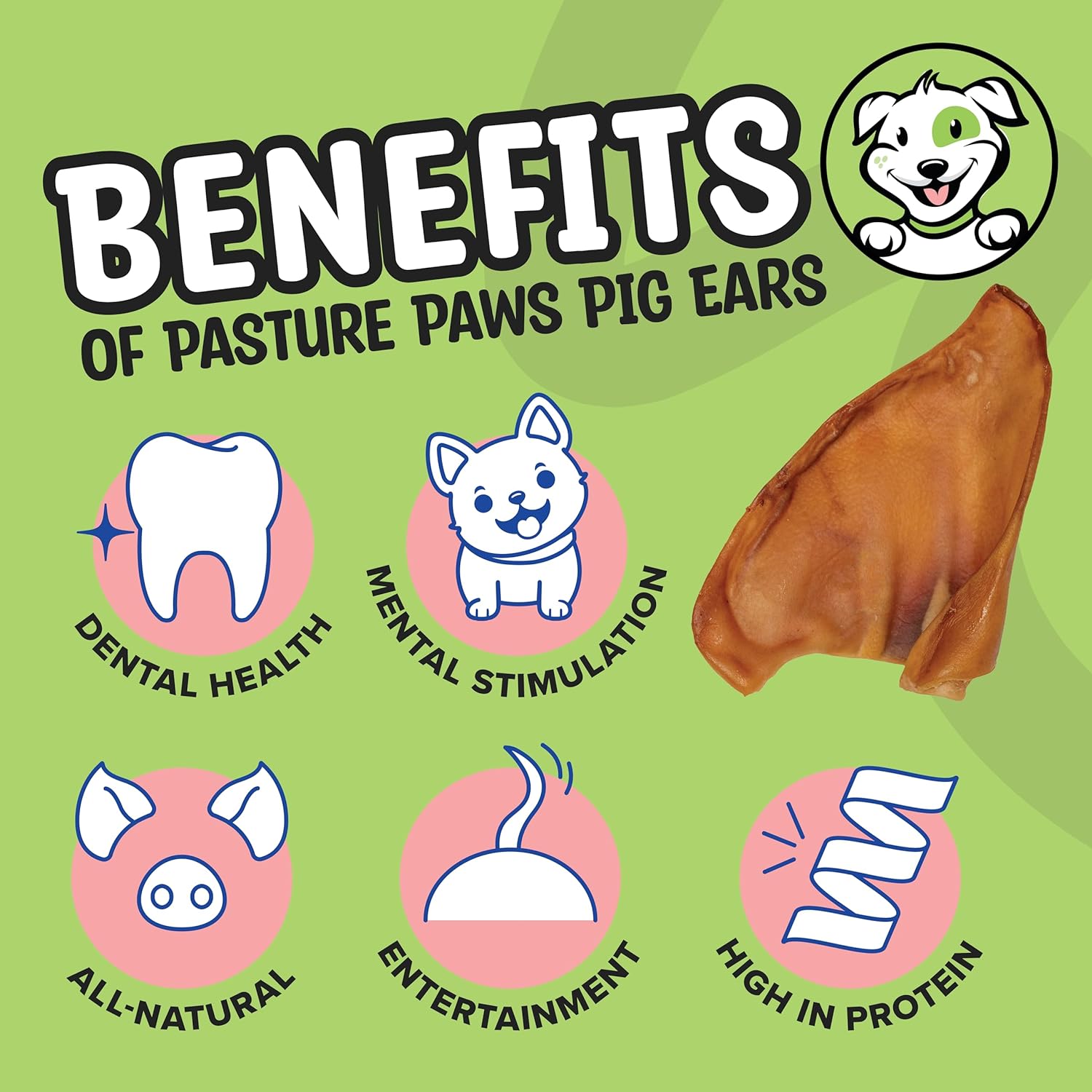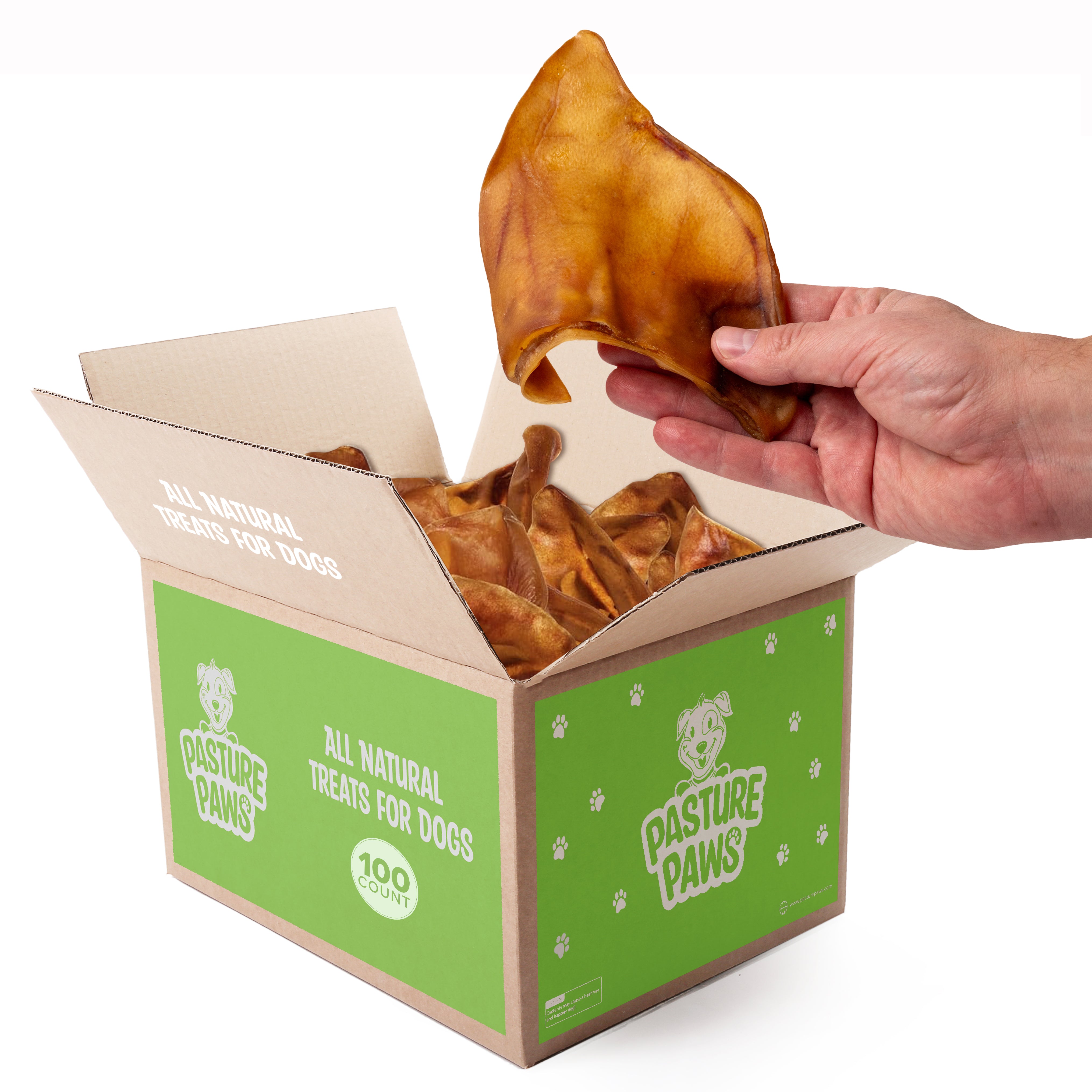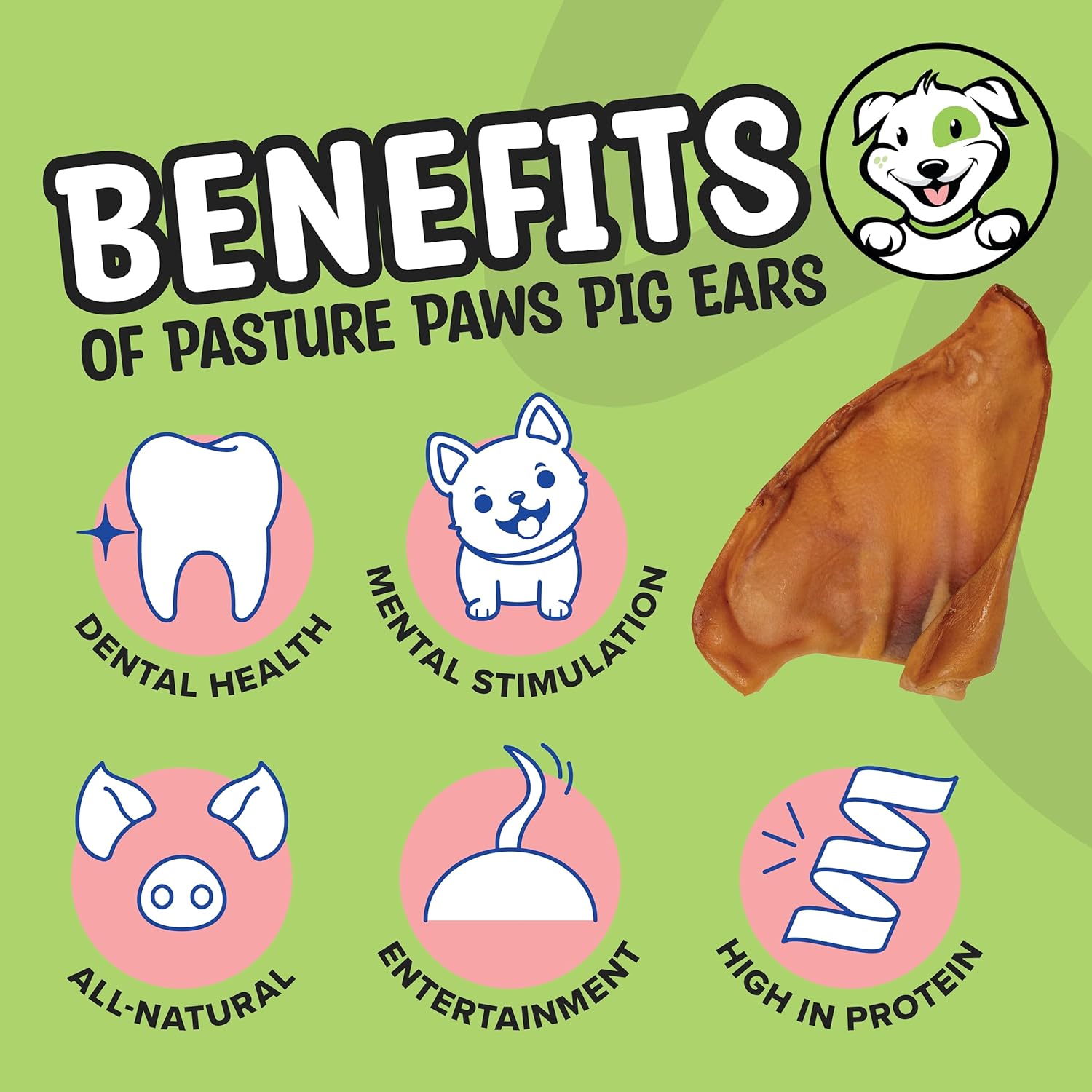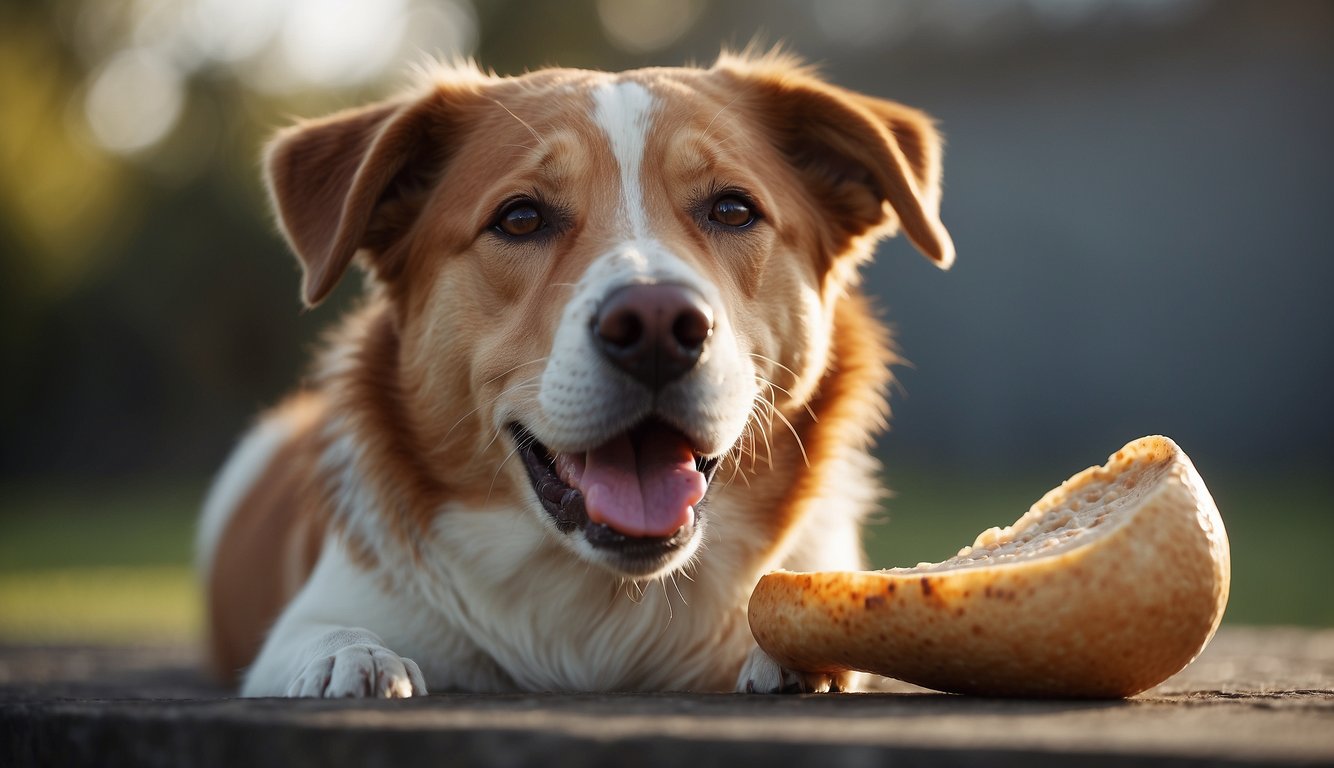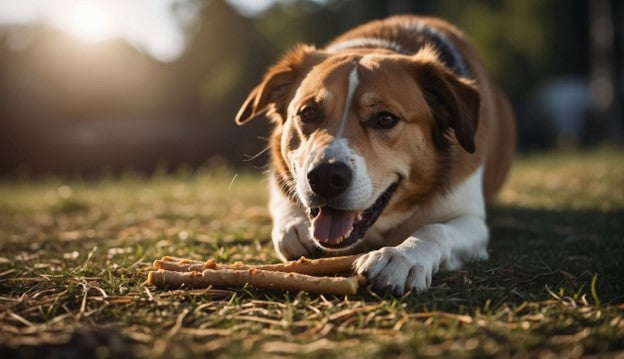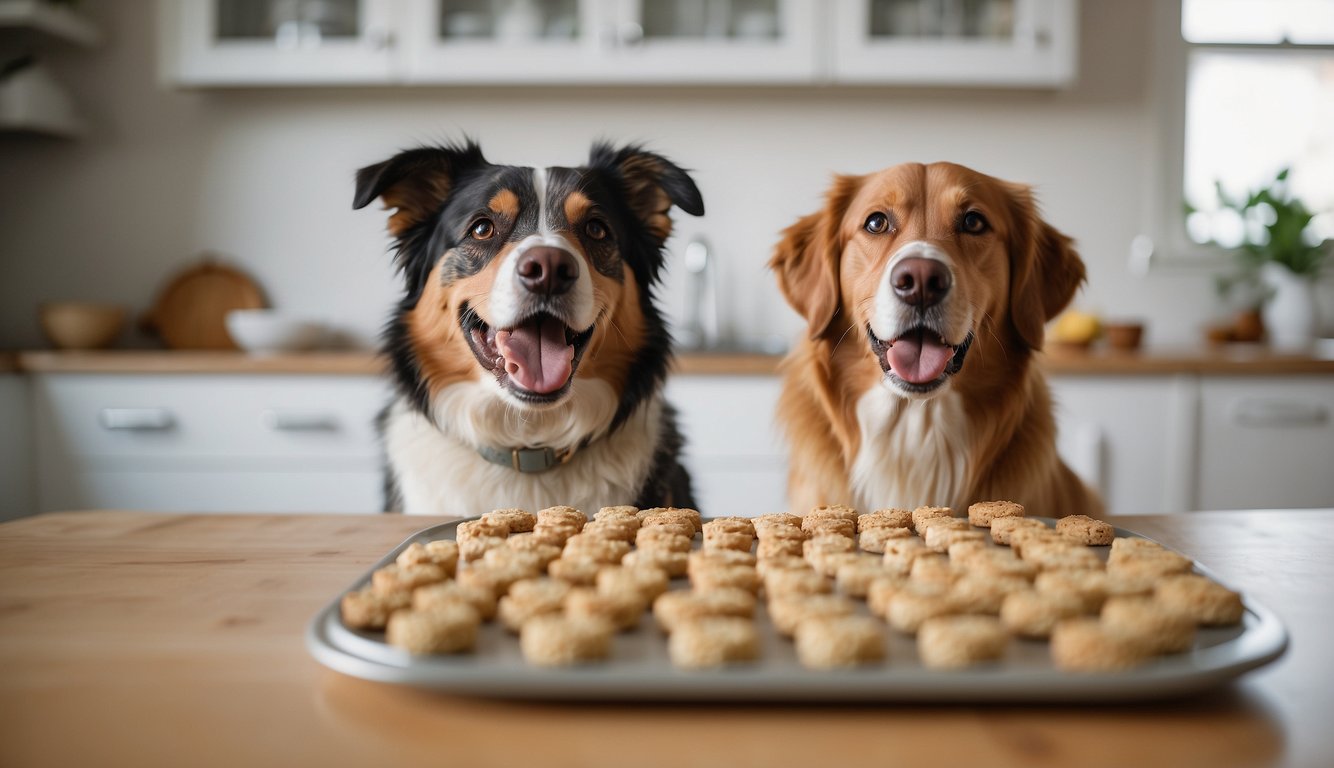Beef kneecaps are a popular dog treat, but are they good for them? As a responsible pet owner, you want to ensure that the treats you give your furry friend are safe and healthy. This article will explore whether beef kneecaps are good for your dog.

Beef knee caps are the hard, protective covering of a cow's back knee. They are. They are rich in glucosamine and chondroitin, which benefit joint health in dogs. However, choosing kneecaps from reputable suppliers is essential to ensuring high quality and safety.
While beef knee caps can improve dental hygiene and provide mental stimulation, some dogs may experience adverse reactions like vomiting, diarrhea, or intestinal obstructions. Always monitor your dog while they chew and remove the kneecap if discomfort appears. For high-quality beef knee caps, check out our Beef Knee Cap. Explore our range of dog treats, including our 12" Beef Trachea Dog Chews and 6" Bully Sticks, and visit Pasture Paws for more healthy and delicious options for your furry friend.
Nutritional Benefits of Beef Knee Caps

Loaded with Essential Nutrients
Beef knee caps provide essential vitamins and minerals, including calcium and phosphorus, vital for strong bones, healthy teeth, and a robust immune system. They are also rich in protein, which is crucial for muscle building and repair, and fat, which provides energy and helps maintain a healthy weight.
Support Joint Health
The cartilage in beef knee caps contains glucosamine and chondroitin, which support joint health by cushioning joints and reducing inflammation.
Dental Benefits of Beef Knee Caps

It helps control plaque and Tartar
Chewing on beef kneecaps helps control plaque and tartar buildup, reducing the risk of gum disease, tooth decay, and bad breath. However, they are not a substitute for regular dental cleanings by a veterinarian.
Promotes Healthy Gums
Chewing on beef kneecaps, thanks to its abrasive action, promotes healthy gums by massaging them and increasing blood flow. Regular brushing and professional cleanings by a veterinarian are also essential for maintaining good oral hygiene.
Risks and Safety Concerns

Choking and Blockage Risks
Beef kneecaps can pose choking and blockage risks, especially for aggressive chewers or dogs that swallow large pieces. Supervise your dog while chewing and remove the bone once it's small enough to swallow.
Potential for Splintering and Injuries
Beef kneecaps can splinter, causing mouth, throat, or digestive tract injuries. Avoid giving your dog cooked bones, as they are more likely to splinter. Ensure the kneecaps are high-quality and free from harmful additives.
How to Safely Use Beef Knee Caps

Choosing the Right Size and Type
Choose beef kneecaps appropriate for your dog's size and chewing ability. Smaller dogs need smaller kneecaps, while larger dogs require larger ones. Consider the type of kneecap, as some dogs prefer more meat or marrow, while others have different preferences.
Feeding in Moderation
Feed beef kneecaps in moderation to avoid digestive issues and weight gain. Generally, one kneecap per day or every other day is sufficient, depending on your dog's size and dietary needs.
Special Considerations for Different Dogs
Puppies need smaller kneecaps due to developing teeth and jaws; senior dogs may require softer kneecaps for their fragile teeth; and aggressive chewers need larger, more durable kneecaps to prevent choking. Consider dietary needs and consult a veterinarian if your dog has food allergies or is on a restricted diet.
Alternatives to Beef Knee Caps for Dogs

If beef kneecaps are unsuitable for your dog, plenty of other safe and nutritious treats are available. Here are some alternatives to beef kneecaps that you might consider:
Commercial Chew Toys and Dental Chews
Commercial chew toys and dental chews are a great alternative to beef knee caps. They come in various shapes, sizes, and flavors to keep your dog entertained and happy. Some popular chew toys and dental chew brands include Nylabone, KONG, and Greenies.
Chew toys are made of durable materials such as rubber, nylon, and plastic. They are designed to withstand heavy chewing and help clean your dog's teeth and gums. Dental chews, on the other hand, are formulated to freshen your dog's breath and reduce plaque and tartar buildup.
Natural Chew Options
Consider raw bones, antlers, bully sticks, and sweet potato chews if you prefer natural chews instead of commercial products. Ensure your natural chews are safe and appropriately sized for your dog.
When to Consult a Veterinarian

Always consult a veterinarian about your dog's health, especially regarding dental health and the types of chews and treats, like beef kneecaps.
Seeking Professional Advice
Consult a veterinarian if you're unsure whether beef knee caps suit your dog or if your dog has pre-existing dental issues or medical conditions. They can recommend the best chews and treats for your dog's needs and advise on potential risks.
If your dog experiences adverse reactions after consuming a beef knee cap, such as vomiting, diarrhea, or difficulty breathing, seek veterinary care immediately. These symptoms could indicate a serious medical issue requiring prompt attention.
Recognizing Adverse Reactions
If your dog experiences adverse reactions after consuming a beef knee cap, such as vomiting, diarrhea, or difficulty breathing, seek veterinary care immediately. These symptoms could indicate a serious medical issue requiring prompt attention.
Conclusion
In summary, beef knee caps can be a beneficial and enjoyable treat for your dog, offering dental health benefits and mental stimulation. However, it's important to consider and monitor your dog's needs while chewing to prevent potential risks. Choosing high-quality beef kneecaps from reputable suppliers and following proper usage guidelines can ensure a safe and healthy treat for your furry friend. For more information and to explore our wide range of safe and nutritious dog treats, visit Pasture Paws.
Frequently Asked Questions
What is the safest bone for a dog to chew on?
The safest bones for dogs are raw, large bones, like beef shank bones, that don’t splinter easily. Avoid cooked bones, as they can splinter and cause internal damage. Always supervise your dog while they chew to prevent choking.
How often can dogs have kneecaps?
Dogs should have kneecaps no more than once or twice weekly to avoid digestive issues and excessive calorie intake. Consult your veterinarian for specific recommendations based on your dog's size, age, and health.
What is the knee cap rule for dogs?
The knee-cap rule for dogs includes:
- Choose the right size knee cap to prevent choking.
- Supervise your dog while they chew.
- Limit chewing time to avoid digestive issues.
- Monitor for adverse reactions, and consult your vet if needed.
Where can you buy beef kneecaps for dogs?
You can buy high-quality beef kneecaps from reputable pet stores or online retailers. Look for products from trusted suppliers to ensure they are free from harmful additives. Visit Pasture Paws to explore their selection of beef kneecaps and other dog treats.
